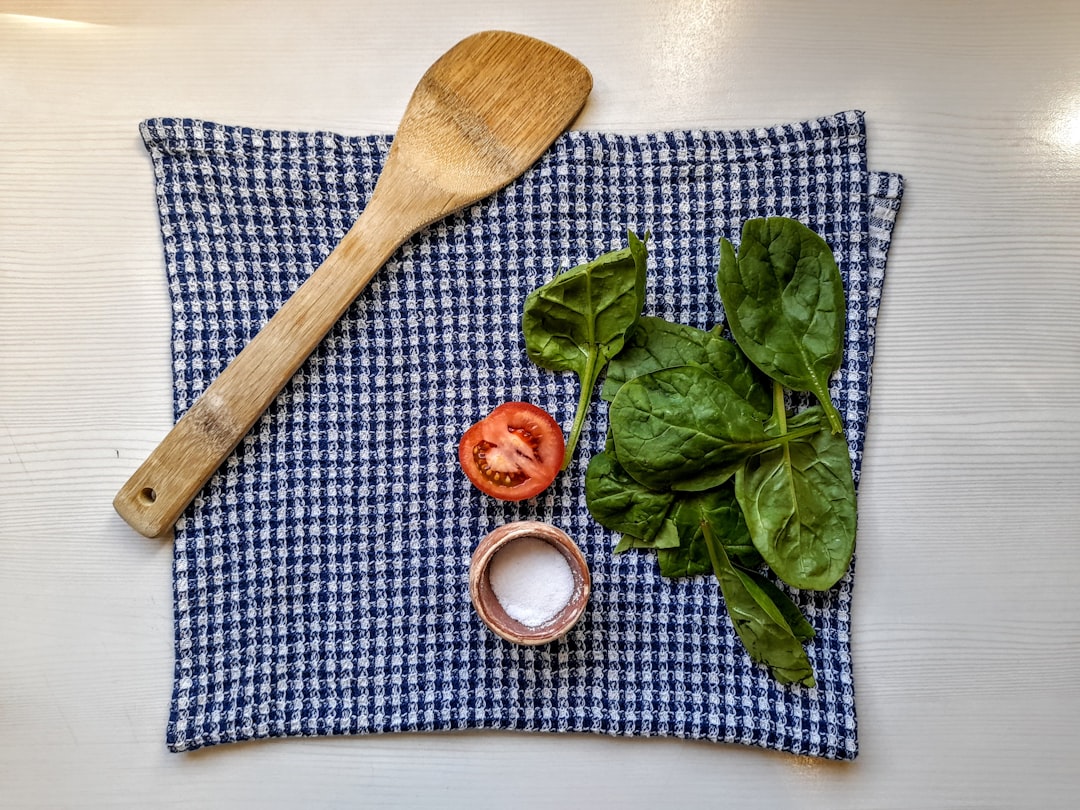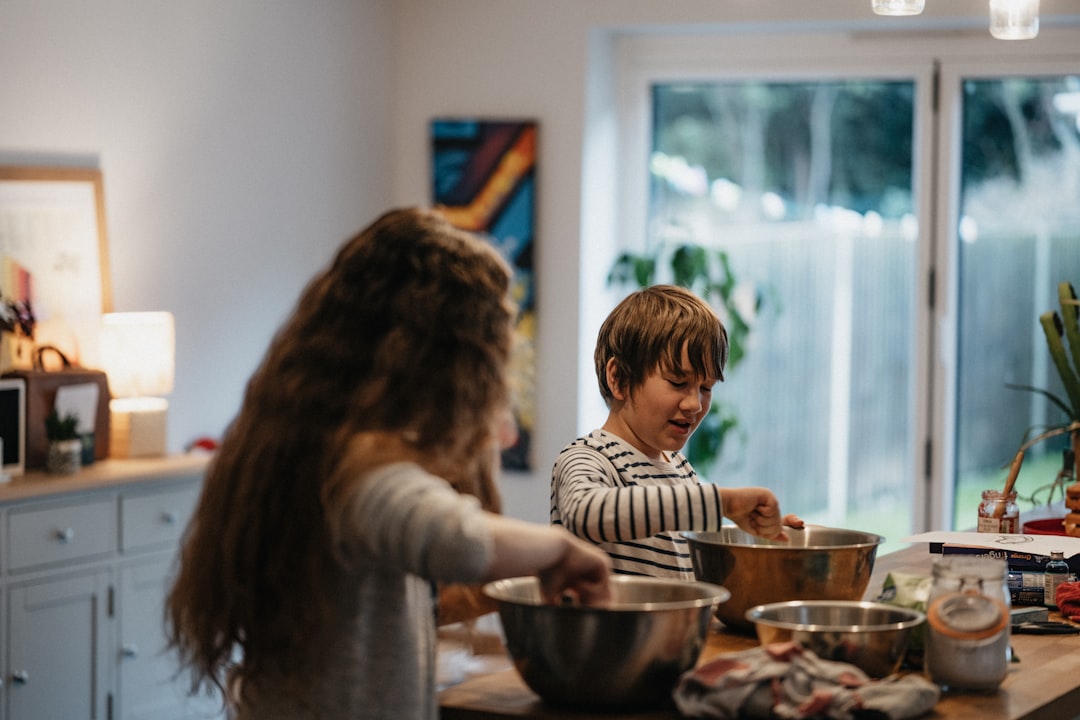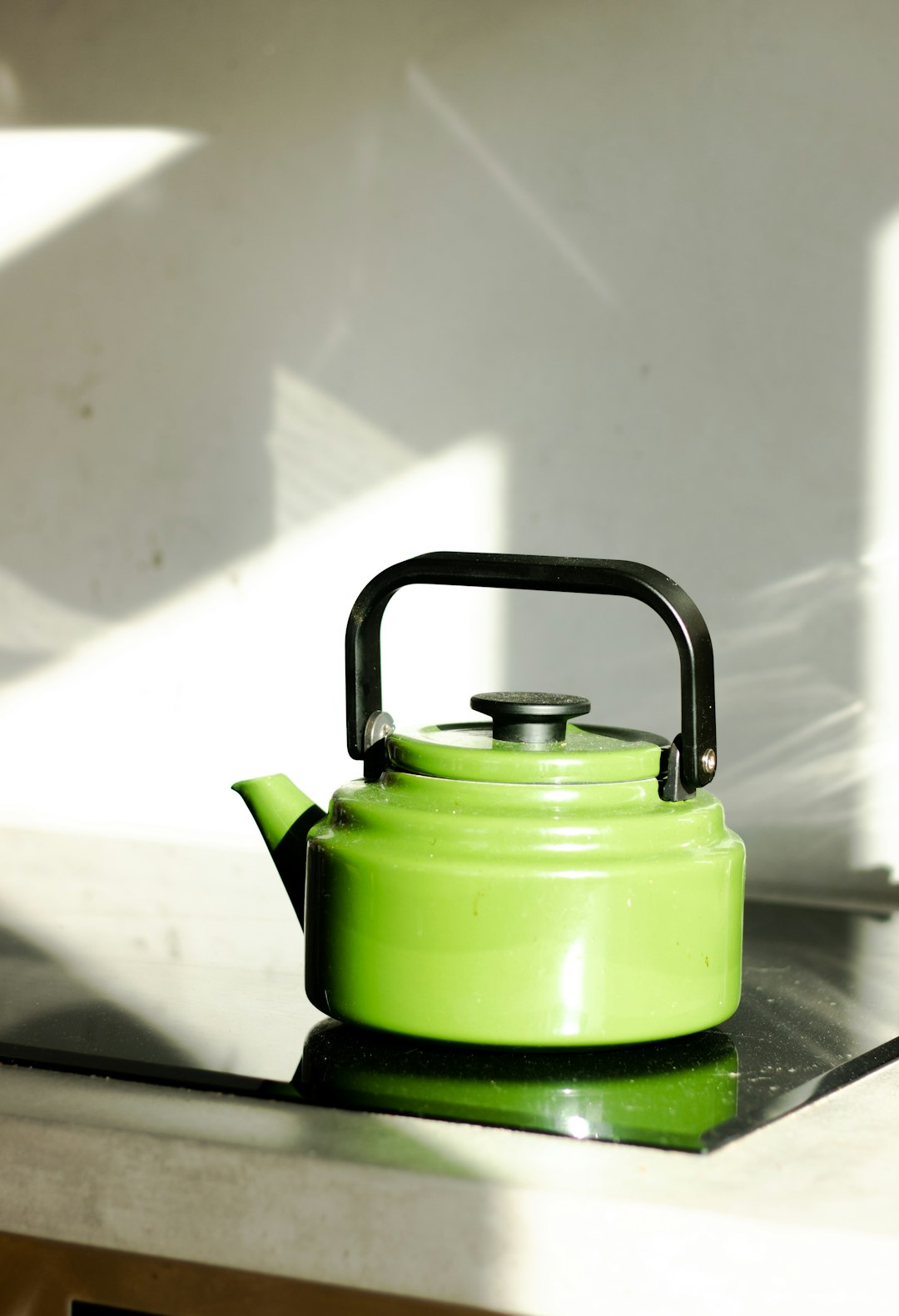Your kitchen is the heart of your home, and the cookware you use plays a crucial role in your culinary adventures. Over time, pots and pans can wear out, lose their non - stick properties, or become damaged. Knowing when to dispose of or recycle them is essential for both your cooking experience and the environment. In this article, we'll explore the signs that it's time to say goodbye to your old cookware and the proper ways to handle its disposal or recycling.
### Signs It's Time to Replace Your Pots and Pans
One of the most obvious signs that your pots and pans need to be replaced is when the non - stick coating starts to peel. A peeling non - stick surface not only makes cooking more difficult but can also be a health hazard. When the coating chips off, it can end up in your food, and some non - stick materials may release harmful chemicals when heated. If you notice any flaking or peeling on your non - stick cookware, it's time to invest in a new one.
Another sign is excessive scratching. Scratches can damage the protective layer of your pots and pans, whether they are non - stick or made of other materials. For non - stick pans, scratches can cause food to stick more easily, and for metal pans, they can lead to rusting. If your pans have deep scratches that can't be buffed out, it's a good indication that they are no longer in optimal condition.
Warped pots and pans are also a problem. A warped pan won't sit evenly on the stovetop, which can result in uneven cooking. This can be frustrating, especially when you're trying to cook delicate dishes. If you notice that your pan is no longer flat and wobbles on the stovetop, it's time to consider getting a replacement.
### Disposal of Old Pots and Pans
When it comes to disposing of old pots and pans, it's important to do it responsibly. If your pots and pans are made of metal, they can often be recycled. Many recycling centers accept metal cookware, but it's a good idea to check with your local facility first. Some centers may require you to remove any plastic or wooden handles before recycling.
If your cookware is too damaged to be recycled, you may need to throw it away. However, make sure to follow your local waste management guidelines. In some areas, large metal items like pots and pans need to be set out for special collection days. You don't want to end up with a fine for improper disposal.
### Recycling Options
Recycling your old pots and pans is not only good for the environment but can also be a great way to give them a second life. Some manufacturers offer recycling programs for their products. For example, certain non - stick pan brands have initiatives where you can send back your old pans to be recycled into new products. This is a win - win situation as it reduces waste and supports sustainable manufacturing.
There are also community recycling events where you can bring your old cookware. These events are often organized by local environmental groups or municipalities. They provide a convenient way to recycle your pots and pans while also promoting environmental awareness in your community.
### Upgrading Your Kitchen
Once you've disposed of or recycled your old pots and pans, it's time to upgrade your kitchen. When choosing new cookware, consider the type of cooking you do. If you're a fan of stir - frying, a high - quality wok might be a great addition. For baking, a set of good - quality baking sheets and cake pans is essential.
Look for cookware that is durable and easy to clean. Stainless steel pans are a popular choice as they are resistant to rust and stains. Cast - iron pans are also a classic option, known for their excellent heat retention. And if you prefer non - stick cooking, make sure to choose a pan with a high - quality, long - lasting non - stick coating.
Investing in good cookware can make a world of difference in your cooking. You'll enjoy better results, and your kitchen will be a more pleasant place to be. So, take the time to evaluate your old pots and pans, dispose of them responsibly, and upgrade your kitchen with the right tools for the job.
In conclusion, knowing when to dispose of or recycle your old pots and pans is an important part of maintaining a functional and sustainable kitchen. By paying attention to the signs of wear and tear, following proper disposal and recycling methods, and making smart choices when upgrading your cookware, you can enhance your cooking experience and contribute to a greener planet.




















